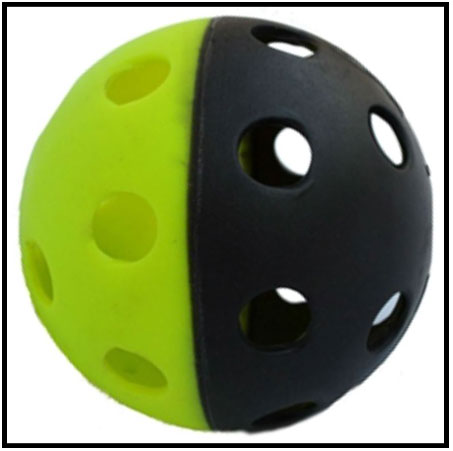Piaget Developmental Tests Worldview:
Ethno-Centric
Conserve Volume
Test Memory is the last thing you can depend on to “report” childhood. The Romantics often imagine that childhood is a wonderful time where you see the world just like you do now, only in a marvelously “spontaneous” and “free” fashion. The ‘Archaic’ state is nondual paradise, magic is holistically empowered wonderfullness, mythic is alive with spiritual powers, and it’s all so marvelous and free. Whereas what is probably happening is that the Romantics, with access to the higher worldview of awareness, are simply reading all sorts of wonderful things back into a period which, if they could actually see it (on videotape, for example), they would deny any reality to it at all (a previous state of consciousness unknowingly rewritten). Repressed Memory
Cases In 1995, the Ninth Circuit Court of Appeals, ruled in Franklin v. Duncan, that repressed memory is not admissible as evidence in a legal action because of its unreliability, inconsistency, unscientific nature, and subject to influence by hearsay and suggestibility. The court overturned the conviction of a man accused of murdering a nine-year-old girl purely based upon the evidence of a 21-year-old repressed memory by a lone witness, who also held a complex personal grudge against the defendant.
2-Color Ball
Test
Mixing Clear
Liquid Test At the World-Centric level the person can begin to imagine different possible worlds. “What if” and “as if” can be grasped for the first time. And this ushers the person into the wild world of the true dreamer. Adolescence is such a wild time, not just because of sexual blossoming, but because possible worlds open up to the mind’s eye—it’s the “age of reason and revolution.” Formal operational awareness operates on thought itself. It’s thinking about thinking. Also, the person can start to judge the roles and the rules which were simply swallowed unreflexively. Moral stance moves from conventional to postconventional. Worldview transcends from sociocentric to worldcentric. Another decline in narcissism. Since approximately WWII there has been a slow shift from rational-industrial society to vision-logic informational society. Not a necessarily a ‘trans-personal’ transformation. The following test was not developed by Piaget. It was developed to explain a principle. Worldview:
Existential (centaur; vision-logic) Something Greater
Than Yourself Test The reply might be, ‘No’, ‘I’m an atheist’ (or ‘agnostic’). Possible that the person is at the “Centaur” (F-6) level - existential level. The highest stage most conventional researchers tend to recognize. The observing self begins to transcend the mind and the body. It no longer has blind faith in the conventional roles and rules of society. One is longer egocentric or ethnocentric. Pathology: the Centaur doesn’t privilege any perspective—it is aperspectival. Risk in getting lost because all perspectives start to become relative and interdependent; nothing absolutely foundational. Because existentialists recognize no sphere of consciousness higher than this, they are stuck with the existential worldview. The existentialist claims that if there are any modes of awareness that go beyond existential angst, then you are lapsing into death-denial, immortality projects, inauthenticity, bad faith. Any claim of a higher horizon is met with the heinous charge of “inauthentic!” The concern of with meaning, and with it
pervasive lack, is the central feature of Existential pathologies: what good is the personal anyway—it’s just
going to die. This is a soul for whom the personal has gone totally flat. The good news is that
the soul on the brink of the transpersonal.
|

